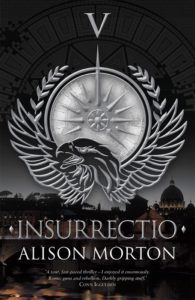Love it or hate it (and I do a little of both) there is no place like California. The history of the state seems to be completely disconnected from most of the rest of the US. One of the most interesting periods–and a metaphor for everything that’s happened there since, from Hollywood to Silicon Valley–is the Gold Rush. That time period has given us writers like Brett Harte and Mark Twain.
Richard Roux has now added his novel, A Branch Too Weak, to the mix. I was happy to talk to him and learn more. He was born and raised in Bakersfield, California. By profession, he is a high school history teacher and adjunct professor in history at Bakersfield Community College. With an interest in a variety of topics and activities, Richard brings to his writing a mixture of history, anecdotes, and humor.  When not spending time with his family, teaching, playing hockey, and enjoying the outdoors, he continues to research and write. A series of new releases are planned for the future.
When not spending time with his family, teaching, playing hockey, and enjoying the outdoors, he continues to research and write. A series of new releases are planned for the future.
What’s A Branch Too Weak about?
A Branch Too Weak is a work of historical fiction based on the California Gold Rush. The main character, Danny Vance, is an ambitious young man. Like thousands of other Americans, he was enticed west when word of gold in California reached the rest of the United States. It became his goal to reach California to “see the elephant.” Faced with struggle, sacrifice, violence, and himself on a daily basis, he pushed his limits to achieve his dreams. The journey west wasn’t what he expected; it rarely was. Will Danny Vance make it to California, or give up like so many others? Will he find his fortune? Will he find himself? Only he could provide the answers.
This is the first book in the Golden Empire Series. Additional books will explore events and characters in California, mixing actual history and individuals with a fictional story line.
California is a fascinating place… actually several different places all smooshed together. What is it about that time period that got you going?
History has always been an important part of my life. For me, it is an escape. I 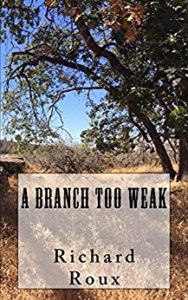 love exploring how local history is intertwined with national events. And I have always been drawn to history of the American West. So, throughout my life, I have contemplated how my little corner of the world developed over time. My family has some property in the Greenhorn Mountains of Kern County. The area witnessed its own gold rush in 1853 and 1854.
love exploring how local history is intertwined with national events. And I have always been drawn to history of the American West. So, throughout my life, I have contemplated how my little corner of the world developed over time. My family has some property in the Greenhorn Mountains of Kern County. The area witnessed its own gold rush in 1853 and 1854.
For years, I imagined what type of people moved to the region—where they came from, what they did for a living, and what life was like for them. Over the last year, I started to formulate a story in my head about the California Gold Rush, and about how an individual might venture out to California to chase their dreams, and how they might end up in the Greenhorn Mountains. This last summer, after teaching six weeks of summer school, I found myself with four weeks off. I figured there was no time like the present, so I wrote this book.
In a sense, this book is a reflection of several decades of reflecting on the history of the United States, California, and the Greenhorn Mountains. It is my attempt to craft a compelling story with a likable character, all while relaying some history.
I know it’s an unfair question, but what’s your favorite scene in the book?
One scene in the book has Danny Vance walking up a rock-strewn, rutted track known as the Greenhorn Trail that leads to the Kern River Gold fields. The trail winds its way up a ridge that has oak, pine, and fir trees, as well as clusters of dense brush. That trail seemingly climbs forever. I describe how Danny felt walking up that trail. The heat and sweat, the burning muscles straining to reach the plateau, and the quest for shade. This scene means a lot to me, because I have walked that trail and have experienced the same feelings and struggle. In a way, I am Danny at that moment in time.
Where can folks learn more about you and your work?
I and my book can be found several places:

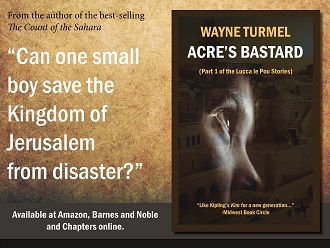
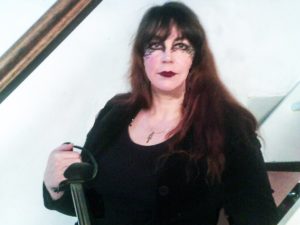 Writer, mad cake lady, re-enactor, historian.
Writer, mad cake lady, re-enactor, historian.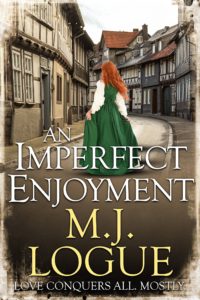

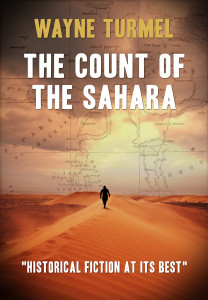
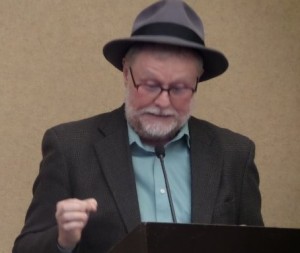
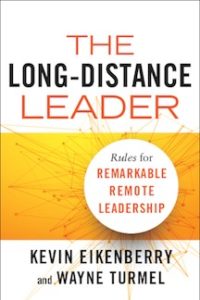 available for pre-order. It’s from Berrett-Koehler publishers, and we couldn’t be happier, both with the book and our partnership with B-K.
available for pre-order. It’s from Berrett-Koehler publishers, and we couldn’t be happier, both with the book and our partnership with B-K.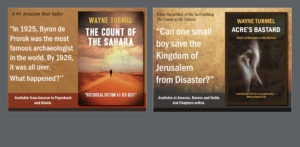

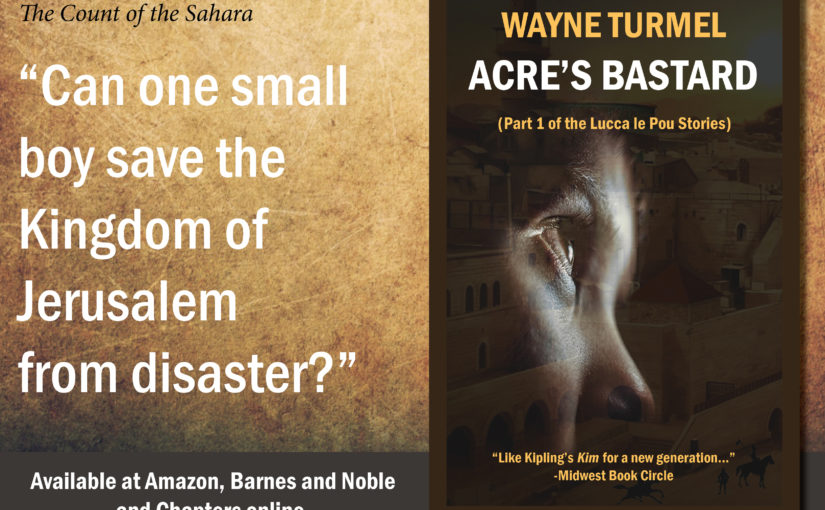
 Anthony (Tony) Cleveland is an Associate Professor of Psychology at Jackson College in Jackson, Michigan. He has a B.S. In Chemistry from the University of Toledo and an M.A. In Counseling Psychology from Moody Theological Seminary – Michigan.
Anthony (Tony) Cleveland is an Associate Professor of Psychology at Jackson College in Jackson, Michigan. He has a B.S. In Chemistry from the University of Toledo and an M.A. In Counseling Psychology from Moody Theological Seminary – Michigan.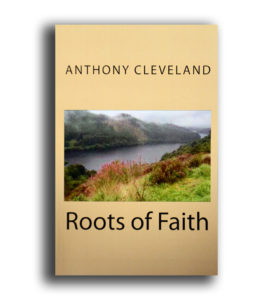 about are my ancestors. I wanted my grandchildren to know of the sacrifices their ancestors made in coming to America and the importance their faith made in that endeavor. The book, of course, is historical fiction. I attempt to weave together an imaginative yet informative blend of history and myth, fact and fiction, that will help guide them through their lives after I am long gone. I do pray reading this work will help them remember not only the history of their ancestors but of our nation. God willing, it will somehow inspire them to stay strong in faith, follow the teachings of Jesus of Nazareth, and, ultimately, “run the race well”.
about are my ancestors. I wanted my grandchildren to know of the sacrifices their ancestors made in coming to America and the importance their faith made in that endeavor. The book, of course, is historical fiction. I attempt to weave together an imaginative yet informative blend of history and myth, fact and fiction, that will help guide them through their lives after I am long gone. I do pray reading this work will help them remember not only the history of their ancestors but of our nation. God willing, it will somehow inspire them to stay strong in faith, follow the teachings of Jesus of Nazareth, and, ultimately, “run the race well”.

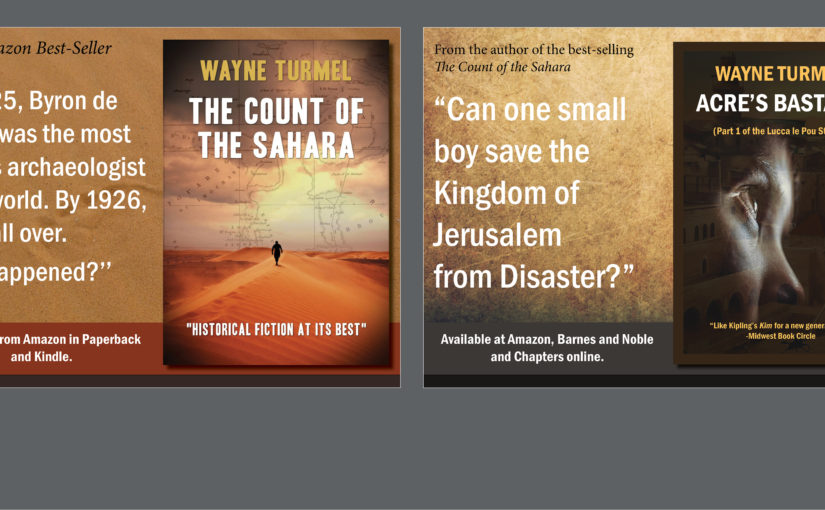

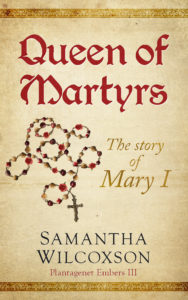

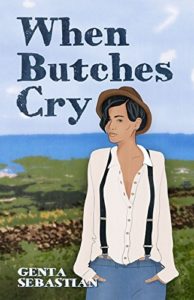 When Butches Cry takes place in the middle of the twentieth century when a twist of nature creates an unusually high number of young lesbians on a Portuguese island in the Atlantic Ocean. Whilst this might sound exciting to some of the men reading this, it is not as amorous as it first sounds. If you’re looking for that sort of thing, maybe you should
When Butches Cry takes place in the middle of the twentieth century when a twist of nature creates an unusually high number of young lesbians on a Portuguese island in the Atlantic Ocean. Whilst this might sound exciting to some of the men reading this, it is not as amorous as it first sounds. If you’re looking for that sort of thing, maybe you should  That’s where alternative history comes into play, which eventually leads us to Alison Morton’s “Roma Nova” series, and her latest installment, “Insurrectio.” Not only does it ask “what if the Empire survived until today?” It also plays with roles of gender and class.
That’s where alternative history comes into play, which eventually leads us to Alison Morton’s “Roma Nova” series, and her latest installment, “Insurrectio.” Not only does it ask “what if the Empire survived until today?” It also plays with roles of gender and class.